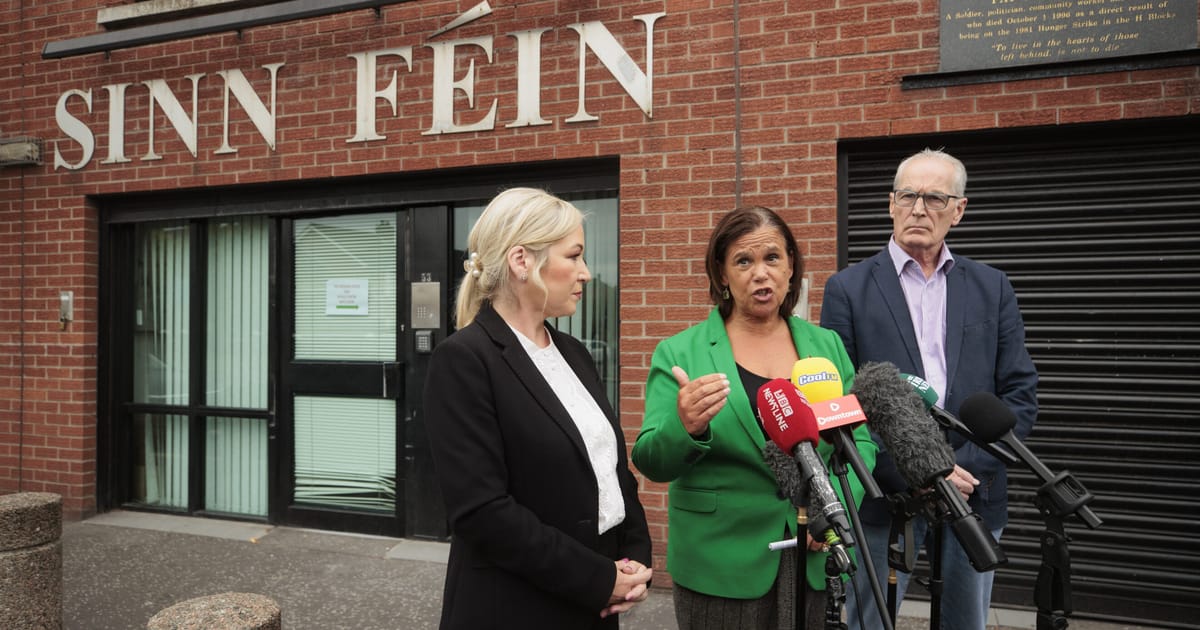McDonald said Sinn Féin’s ruling executive had decided they didn’t want to split the anti-establishment vote by running their own candidate in competition with Connolly.
She said Connolly was well placed to challenge the other two candidates in the field: Heather Humphreys of Fine Gael and Jim Gavin of Fianna Fáil. Fianna Fáil and Fine Gael have dominated Irish politics for the past century and are the main parties in Ireland’s current center-right government.
McDonald said Sinn Féin’s priority was to deny Fianna Fáil or Fine Gael the presidency, a largely ceremonial post that has no role in government and since 2011 has been held by the opposition left. The incumbent, Michael D. Higgins of the left-wing Labour Party, is constitutionally barred from running for a third seven-year term.
McDonald made the announcement alongside two other key Sinn Féin figures: Michelle O’Neill, who leads the cross-community government in the neighboring U.K. territory of Northern Ireland; and Pearse Doherty, Sinn Féin’s combative finance spokesman and deputy leader in the Irish parliament in Dublin. Doherty had been widely considered the most likely candidate, had Sinn Féin opted to run.
“This is a big decision to support a candidate from outside our membership and work with the combined opposition to collectively take on the government — to give people a clear choice,” McDonald said.
Connolly welcomed Sinn Féin’s support. She declined to confirm whether she had promised McDonald anything in return.

